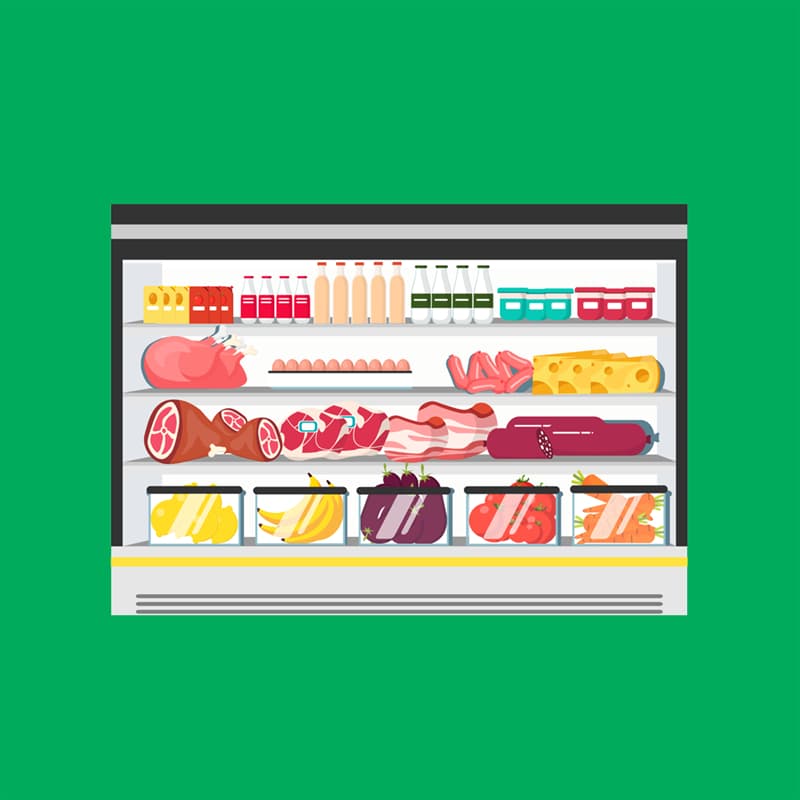To fridge or not to fridge – how should we really store eggs?

In the United States, eggs are usually kept in the fridge, while in Europe and some other parts of the world eggs are not refrigerated. Read on to find out which is the healthiest way to store eggs.
The risks

In the 1970s and 1980s, major Salmonella outbreaks occurred in the USA, and eggs was responsible for 77% of them. The rest of the cases were caused by chicken, alfalfa sprouts, and peanut butter. Since then, the infection rates have drastically decreased, as all the necessary efforts on making eggs safer were taken. Anyway, the outbreaks are still possible and occur sometimes.
The difference

The US way

The thing is that while the external bacteria are removed, some may still be present inside the egg. Moreover, washing eggs may kill their protecting layer, and some bacteria may penetrate the shell again.
Refrigerating limits the number of bacteria, which dramatically reduces the risk of getting ill. Moreover, once eggs are refrigerated, they must be kept this way until the consumption – this prevents the condensation from forming on the eggshell. Condensation may create better conditions for bacteria to get inside the egg.
If you eat eggs commercially produced in the United States, Australia, Japan, and Scandinavian countries, they must be kept in a fridge.
The European way

In the 1980s, Europe also experienced serious Salmonella epidemic, but they found another decision. European countries implemented new regulations for vaccination and sanitation of hens. They started killing the infection in the first place. Today, washing eggs in forbidden in European Union, as it may destroy the protecting layer of the shell.
So, the eggs commercially produced in Europe don't need to be refrigerated. They are only recommended to be kept cool (not in a fridge) to avoid condensation. The natural protecting layer can defend European eggs from bacteria for up to three weeks.
The way you should store eggs depends on the country, but if you are not sure about how they were produced, just keep them in the fridge. Note that it's a bad idea to keep eggs in a fridge door, as the eggs will experience rapid change of temperature every time you open the fridge, which will increase the risk of infections.
Which way of storing eggs do you prefer? Was this information new for you? Do you have something to add or discuss?
We are waiting for your comments.
SHARE this article with your friends!
Interesting Facts
5 potentially perilous plants and how to identify them
8/16/2021
by
brian l
Being able to identify perilous plants can save you a lot of hassle. Here are 5 plants you should steer clear of.
7 shocking food hacks you will be thankful for
7/5/2021
by
brian l
Follow us as we take you through 7 amazing food hacks sure to leave you amazed!
7 photos to make you appreciate NATURE even more
7/4/2021
by
Della Moon
These photos will instantly make anyone a true nature lover.
You never knew these 8 facts were actually true!
8/7/2021
by
Della Moon
Get ready for a set of big surprises, as you definitely never expected these 8 facts to be true...
8 brilliant product packaging designs that changed the market
7/12/2021
by
brian l
Have you ever seen the cover or packaging of a good and loved how creative it was? Ready to be amazed by these designs!












